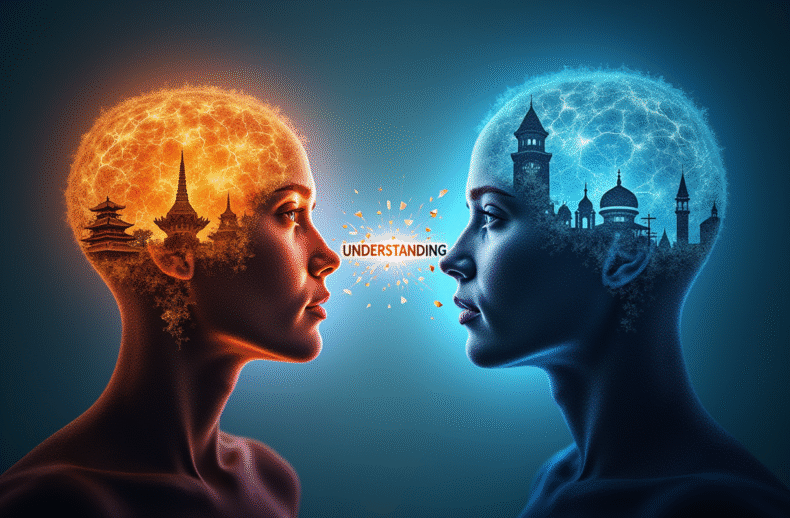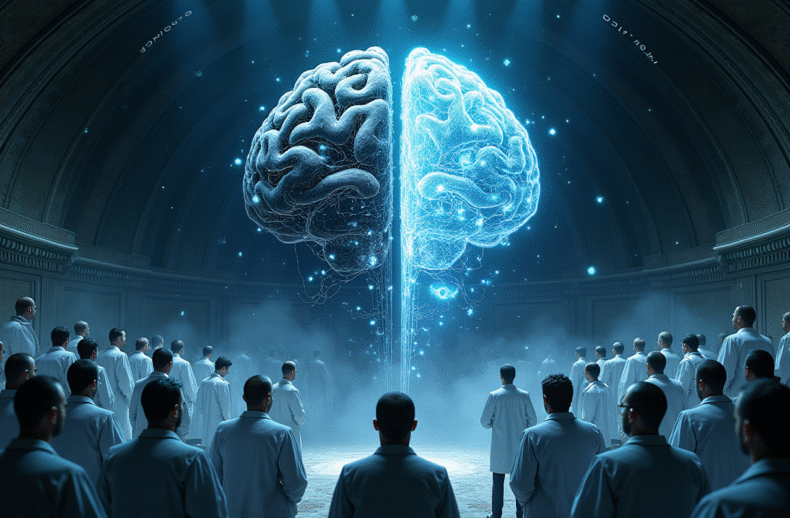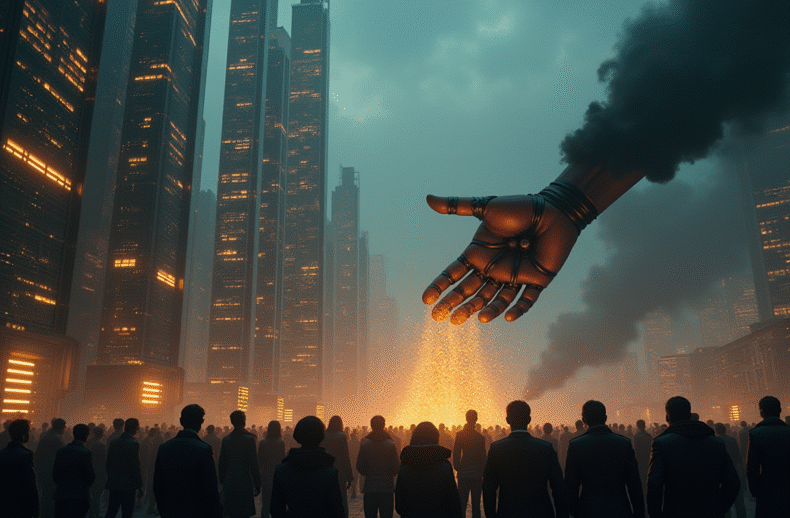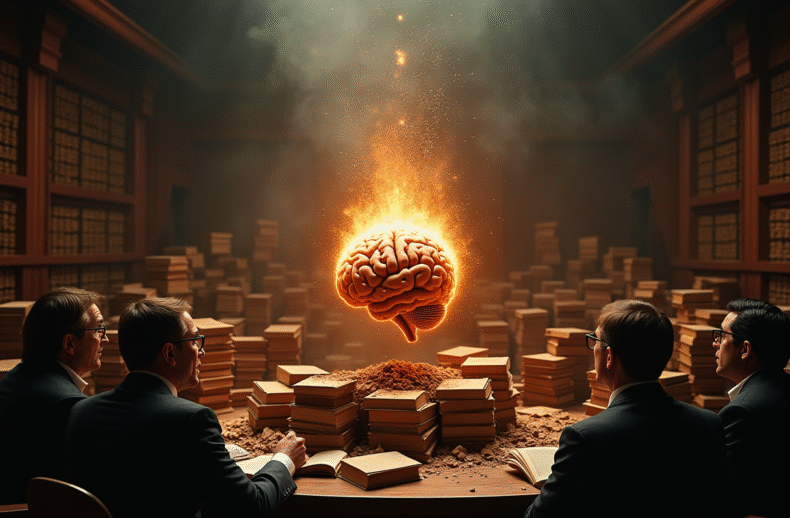This open letter challenges Mathias Döpfner’s concept of “Performance Patriotism” by arguing that performance, growth, and wealth are not foundations of societal strength but secondary signals that emerge from deeper structural coherence. Drawing on the framework of Eidoism, the text critiques Europe’s fixation on competitiveness and acceleration, warning that systems optimized for constant performance become fragile, dependent on external validation, and prone to instability. Instead of faster growth or louder demonstrations of power, the letter proposes a form-based perspective in which sovereignty, resilience, and cultural confidence arise from internal alignment, structural balance, and the ability to function sustainably without permanent pressure to outperform others.













